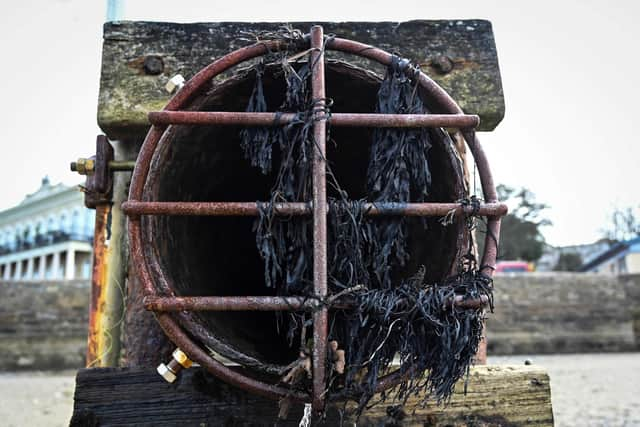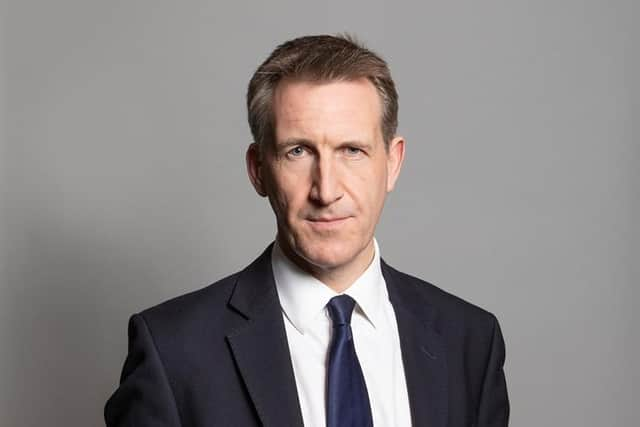‘South Yorkshire isn’t a sewer’, former mayor’s horror at 26 sewage spills a day in region
and live on Freeview channel 276
The Barnsley MP was speaking after new data from the Environment Agency revealed there were 9,599 recorded sewage dumps in South Yorkshire last year.
Mr Jarvis said: “It’s a damning indictment of this Government that they are allowing and defending a system that sees raw sewage literally being pumped into our waterways.
Advertisement
Hide AdAdvertisement
Hide Ad“Our region is a brilliant place to live, work and raise a family and shouldn’t be treated as an open sewer. In this day and age, local people should be able to enjoy the place where they live without worrying about encountering filthy raw sewage. These are problems which should have long been consigned to the history books.


“What makes matters worse is that water companies are using water bill payers to service their debts and reward their shareholders. This is money that should be used to upgrade our water infrastructure, not pay for bonuses. We need tough new rules and better regulation to ensure sewage stays out of our waterways.”
Improvements down to drought, not action
The amount of time sewage was allowed to spill into Yorkshire’s waterways – known as storm overflows – fell by 43 per cent, from 406,131 hours to 232,054 hours according to the data.
But John Leyland, Environment Agency executive director, said this was largely down to a below average rainfall, not water company action.


Advertisement
Hide AdAdvertisement
Hide AdStorm overflows are a safety valve designed to release excess storm water from the sewage system into rivers or the sea during periods of rainfall and snowmelt to stop them being overwhelmed – causing flooding and sewage into streets and homes. Water companies should only do this under strict conditions.
Government response
Rebecca Pow, water minister, said monitoring of overflows increased from seven per cent in 2010 to a record 91 per cent now, to hold companies accountable.
She added: “The volume of sewage being discharged into our waters is unacceptable and we are taking action to make sure polluters are held to account.
“We have set the strictest targets ever on water companies to reduce sewage discharges and are requiring them to deliver the largest infrastructure programme in their history.”
What Yorkshire Water is doing about sewage spills
Advertisement
Hide AdAdvertisement
Hide AdA spokesperson for the water company said it had a £108 million storm overflow improvement plan in motion, in addition to committing £147 million up to the end of 2025.
“Storm overflows are a priority for us and that’s why we’ve funded these improvements,” they said. “We’re going beyond the government’s storm overflow reduction plan.”
The government said it would cost between £350 billion and £600 billion to eliminate sewage discharges, as water companies would need to completely separate the sewage and rainwater systems that homes and businesses across the country use. This would require significant increase in bills and widespread disruption.
It launched the storm overflows discharge reduction plan, which sets water companies strict targets and requires them to invest £56 billion in upgrading networks.
Mr Jarvis said this was too soft on water companies.